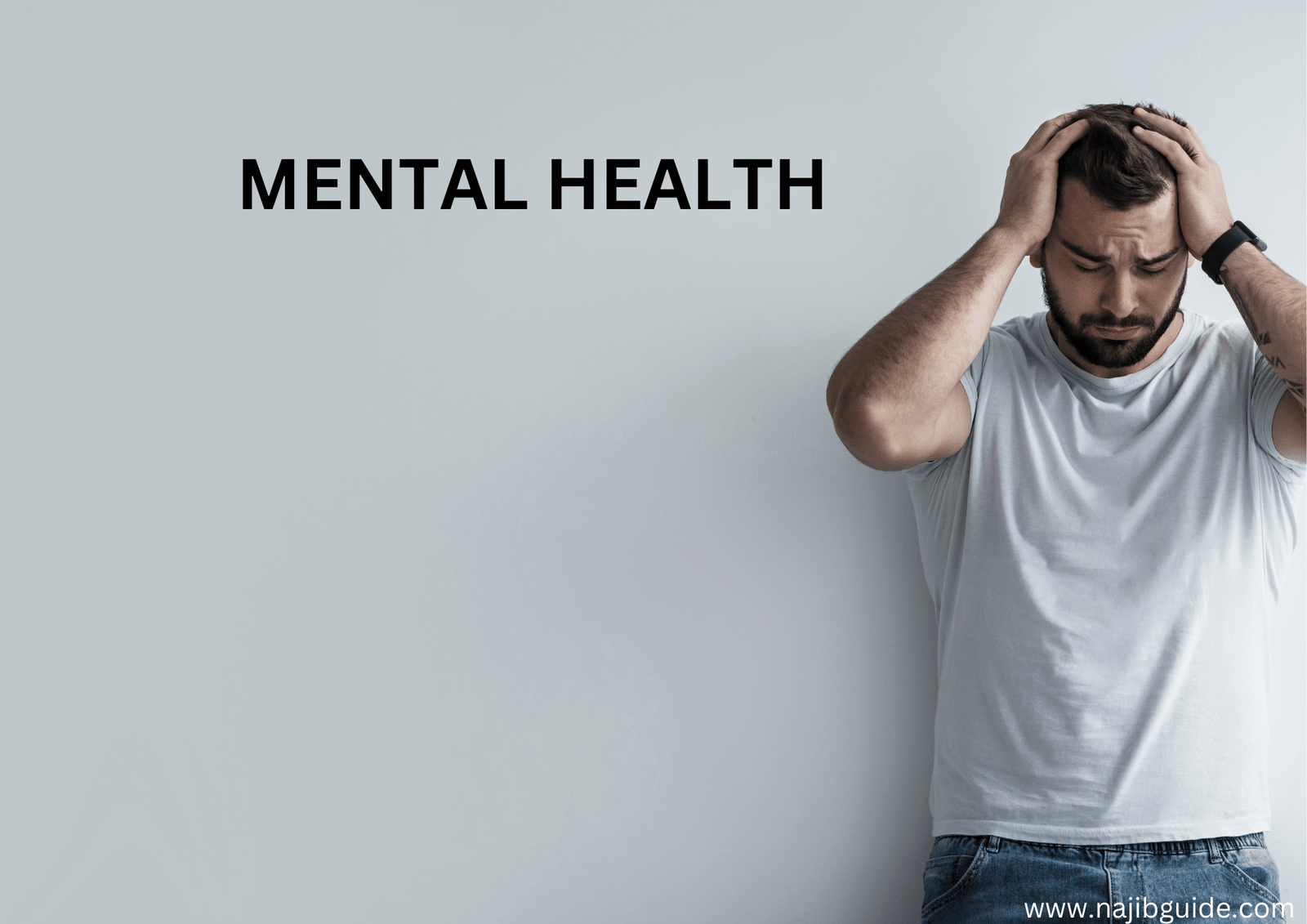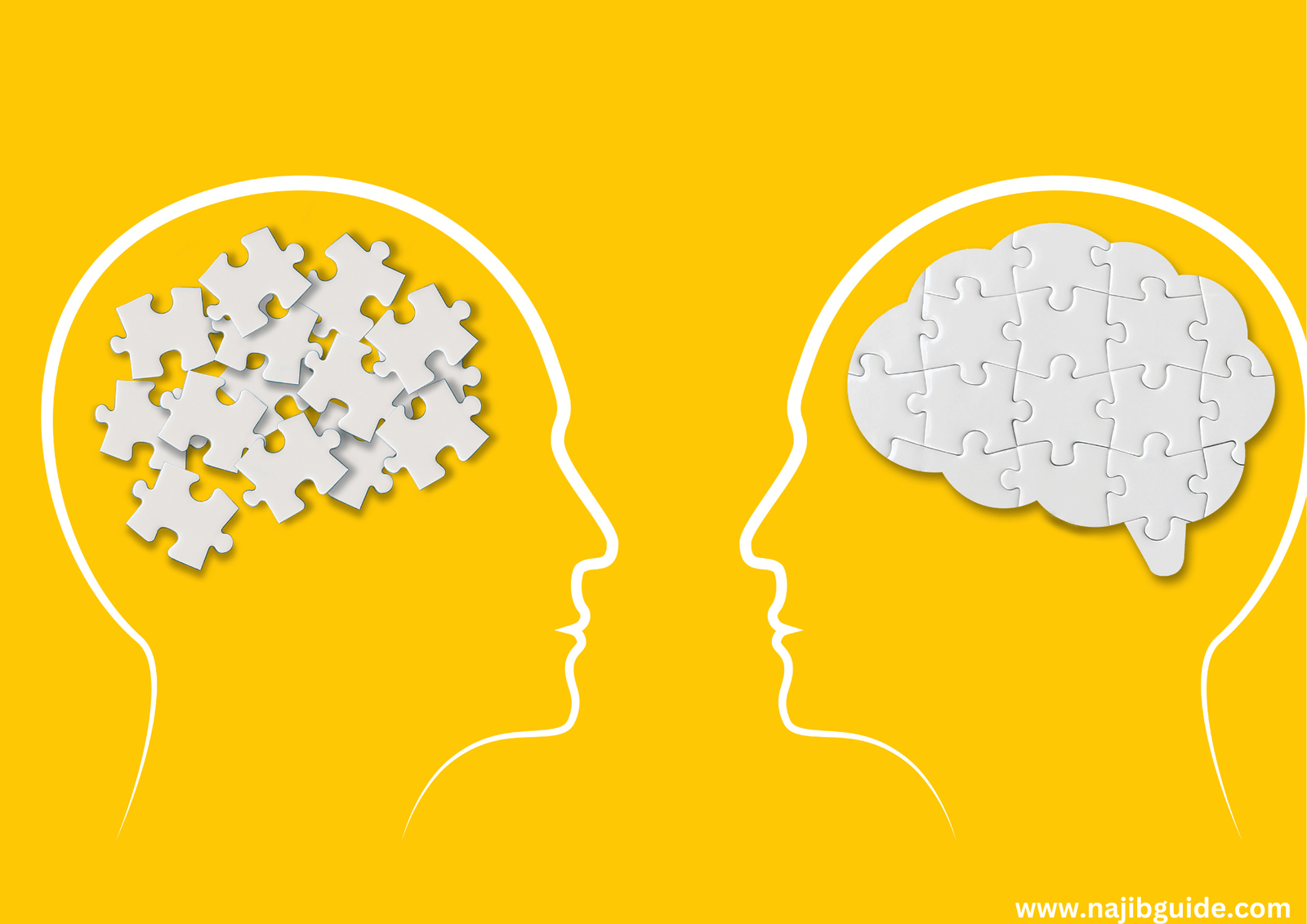The Growing Importance of Mental Health Awareness in 2024:
In 2024, Mental health has become the centerpiece of a burgeoning awareness campaign and world initiatives. Mental health has to be considered an essential part of well-being, just like physical health. That’s a vital work of cooperation among governments, organizations, and special interest groups, and further teaching and working to de-stigmatize seeking help so people are not judged for doing so.
With more visibility, mental health issues have been brought to the fore, and resources—from online platforms to community support groups—have made it easier to seek help. Public figures and influencers are now sharing their own experiences, inspiring others to take better care of their well-being. Such cultural change exhibits an increased understanding of the results of mental health on personal and societal levels.
Media and educational programs have played a part in altering perceptions. Schools and workplaces have also chimed in with mental health programs to make supportive environments. It is having a snowball effect in which discussions are now being encouraged in families and communities that once thought of the subject as taboo.
Progress has been made, but there is more to be done. To ensure mental health support reaches all people regardless of background or situation, further focus on the underserved, improved funding, and increased access are imperative.

Advances in Treatment and Therapies of Mental Health
The field of treatment in mental health has come a long way by the year 2024. New forms of therapy have emerged: virtual reality exposure and AI-driven counseling rewrite how mental health care has been dispensed today. They make treatments more accessible and effective since they are tailor-made.
Medications have also changed, with new drugs targeting specific neurological pathways to manage conditions such as depression and anxiety disorders, and bipolar disorder. Researchers are focusing on precision medicine, tending to fit treatments to a person’s genetic makeup for better results and fewer side effects.
There is increased usage in complementary therapies, including art, music therapy, and outdoor programs. The creative interventions serve the needs of the clients on an emotional and psychological level when the traditional treatments start failing. Incorporating mindfulness into therapeutic practice has proven very effective as well.
Still, challenges persist. Especially with the high costs and restriction of access to state-of-the-art treatments, policy change, and funding are required. Continuing research of this nature is also of utmost importance in ensuring the long-term efficacy and safety profile of new therapeutic approaches.

Leveraging Technology to Enhance Mental Health Support
Technology is the backbone of mental health support in 2024, with innovative tools aimed at improving mental health challenges. The fastest-growing mobile apps in use for meditation, journaling, and cognitive behavioral therapy are all in an upward trend to manage stress, anxiety, and depression with on-demand support.
Teletherapy has made professional assistance in accessing psychological help more possible for people far from the therapist’s location and those with mobility impairments. Virtual therapy sessions provide convenience and confidentiality, encouraging people to get help. The AI-powered chatbot Wyse and Warbot offer immediate help for emotional crises, bridging gaps between sessions or where there is a lack of a therapist.
Wearable devices also play a role in mental health management. The current breed of smartwatches and fitness trackers now includes stress-level monitoring, sleep-pattern analysis, and heart rate variability assessment; all these have provided real-time feedback to improve mental well-being. These insights empower one to recognize triggers and adopt healthier habits.
The challenges, however, are the digital divide and privacy. The key priority is to ensure that such technology-driven solutions are secure, inclusive, and affordable. Collaboration between tech companies and mental health professionals is mandatory in helping to fine-tune these tools and maximize their benefits.

The Role of Social Media in Shaping Mental Health Conversations:
Social media in 2024 has a dual effect on mental health: as an awareness tool, on one hand, and a possible stressor, on the other. platforms such as Instagram, TikTok, and Twitter have become open forums for mental health discussions, helping to reduce stigma and connect people with resources. Influencers and content creators share personal stories and strategies for handling their issues, spawning supportive communities. Campaigns such as #MentalHealthMatters and #SelfCareSunday have picked up steam, coaxing users into doing something good for themselves. Mental health organizations also leverage social media to provide education, support, and resources.
On the other hand, social media give a negative bearing on mental health, particularly for younger users. Problems such as cyberbullying, comparison culture, and information overload can make feelings of inadequacy and anxiety worse. In realization, platforms are incorporating features such as time management tools and content moderation into their systems to foster healthier online interactions. Finding that balance between the benefits and drawbacks of social media requires a collective effort. It’s therefore very important to foster positive use, raise awareness of digital well-being, and arm users with tools to navigate responsibly through cyberspace to harvest the good of social media. Let me know if you’d like the other overviews!


